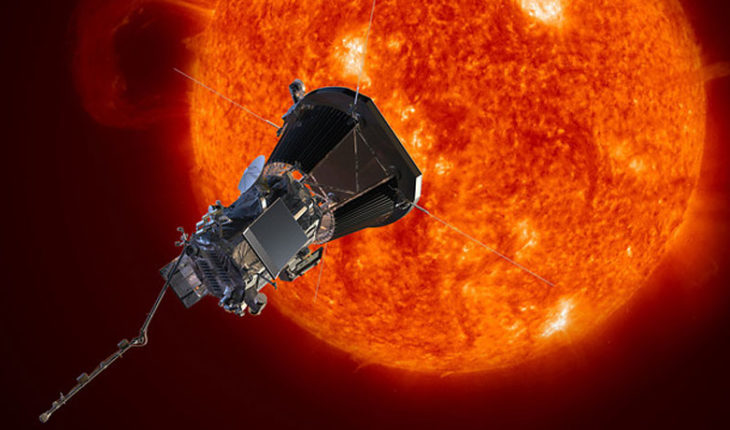The European Space Agency’s (ESA) “Solar Orbiter” probe was successfully launched today from Cape Canaveral in the state of Florida, USA.According to the DPA agency, the European probe took off into space at 2:03 a.m. Hete Atlas V-411. A few minutes of uncertainty followed at the ESOC, from where the solar observation satellite is controlled. More than an hour after launch came relief: the probe was sending signals and solar modules, and therefore the power supply, were working. ESOC director Ralf Densing called it a “perfect launch.” The mission also seeks to investigate the least known regions of the sun so far, such as the poles, for example.” We’re very relieved. All systems are working,” said Paolo Ferri, head of operations for ESA’s mission and deputy director of the ESOC center, explaining that with the deployment of solar modules the critical phase had been passed.” If something goes wrong now, we have time to correct it,” he added. The probe will reach its final orbit towards the end of next year. Before that, it will pass through the Earth once and on Venus twice. The mission, estimated to cost nearly 1.5 billion euros (about $1.641 million), will provide new insights into our main star, the sun, which is about 150 million miles away. The 1.8-ton satellite has a long journey ahead. It is expected to approach the sun at a distance of up to 42 million kilometers. According to ESA, there its intensity is 13 times higher than on Earth.In its trajectory, the greatest distance between the probe and Earth will be 300 million kilometers. A radio signal will take 16.5 minutes to reach our planet.
translated from Spanish: German center confirms successful launch of “Solar Orbiter” probe
February 10, 2020 |





